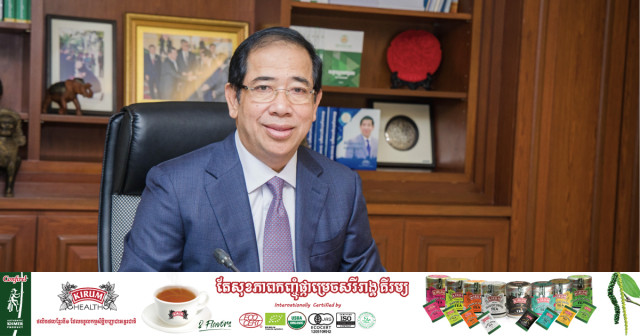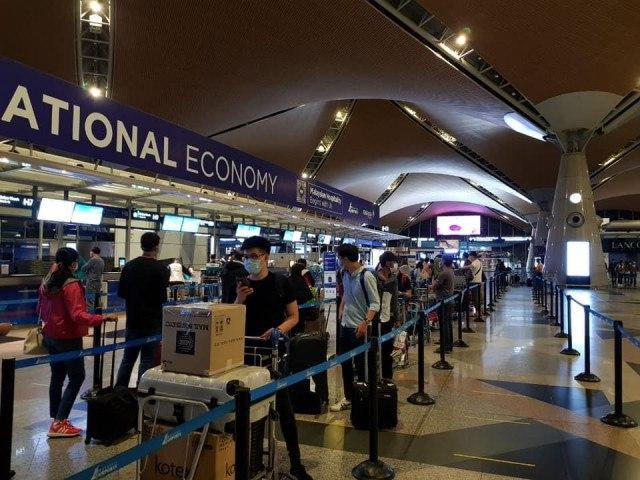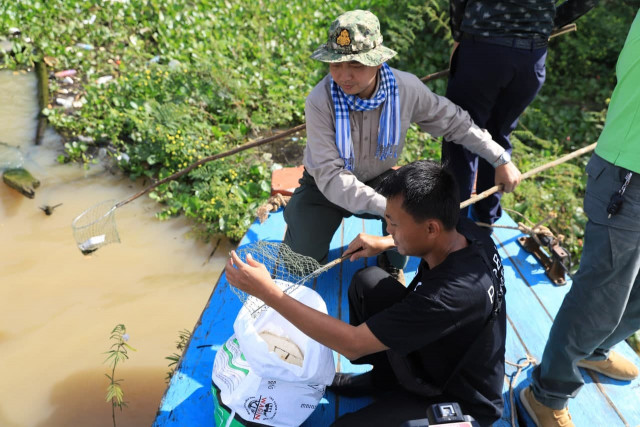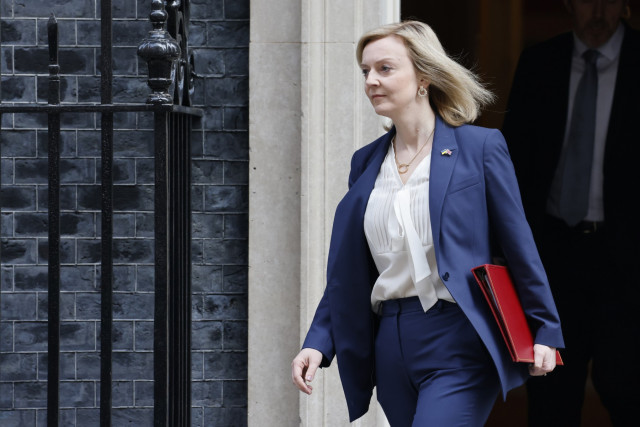The Cambodian Government to Impose Capital Gain Tax in Early 2024

- By Ou Sokmean
- September 16, 2023 4:19 PM
PHNOM PENH — The General Department of Taxation has announced that a 20 percent tax on capital gains will be imposed effective January 2024.
"We are ready to introduce this tax," said Kong Vibol, director general of the General Department of Taxation at the Ministry of Economy and Finance, who made this announcement during a special live broadcast on tax awareness on Sept. 15.
This tax will not affect the real estate sector in Cambodia, which has been facing stagnation in recent years, Vibol said.
The 20 percent tax on capital gains for property owners takes effect after the government has allowed 80 percent of total profits to be deducted, he said.
"If we sell [real estate] for $1 million, we can deduct $800,000 according to laws and regulations,” Vibol said. “Then, we multiply the remaining $200,000 by 20 percent, which is equal to $40,000. It means $1 million from the sale of the real estate, the owner pays $40,000.”
As the government is set to introduce the capital tax, the public, especially real estate agents, have expressed concern about their business as the sector has stagnated.
Responding to their concerns, Kong Vibol underlined that the implementation of this tax is not an ill-treatment of people, adding that the tax is meant to generate government funding from real estate sales to help the poor in Cambodia.
The tax department head went on to say that the tax on capital gains will benefit Cambodians in need in through rural development programs and the building of hospitals, schools, roads, wells, ponds and so on.
"If we do not collect (taxes) from those who are registering profits, who else can we tax,” Vibol said. “And the state does not collect taxes from those who sell at a loss and from the general public who are not involved in selling property.
“This capital tax: If you sell property, you have to pay it, but if you sell it and you do not make a profit, you do not have to pay it,” he added.















